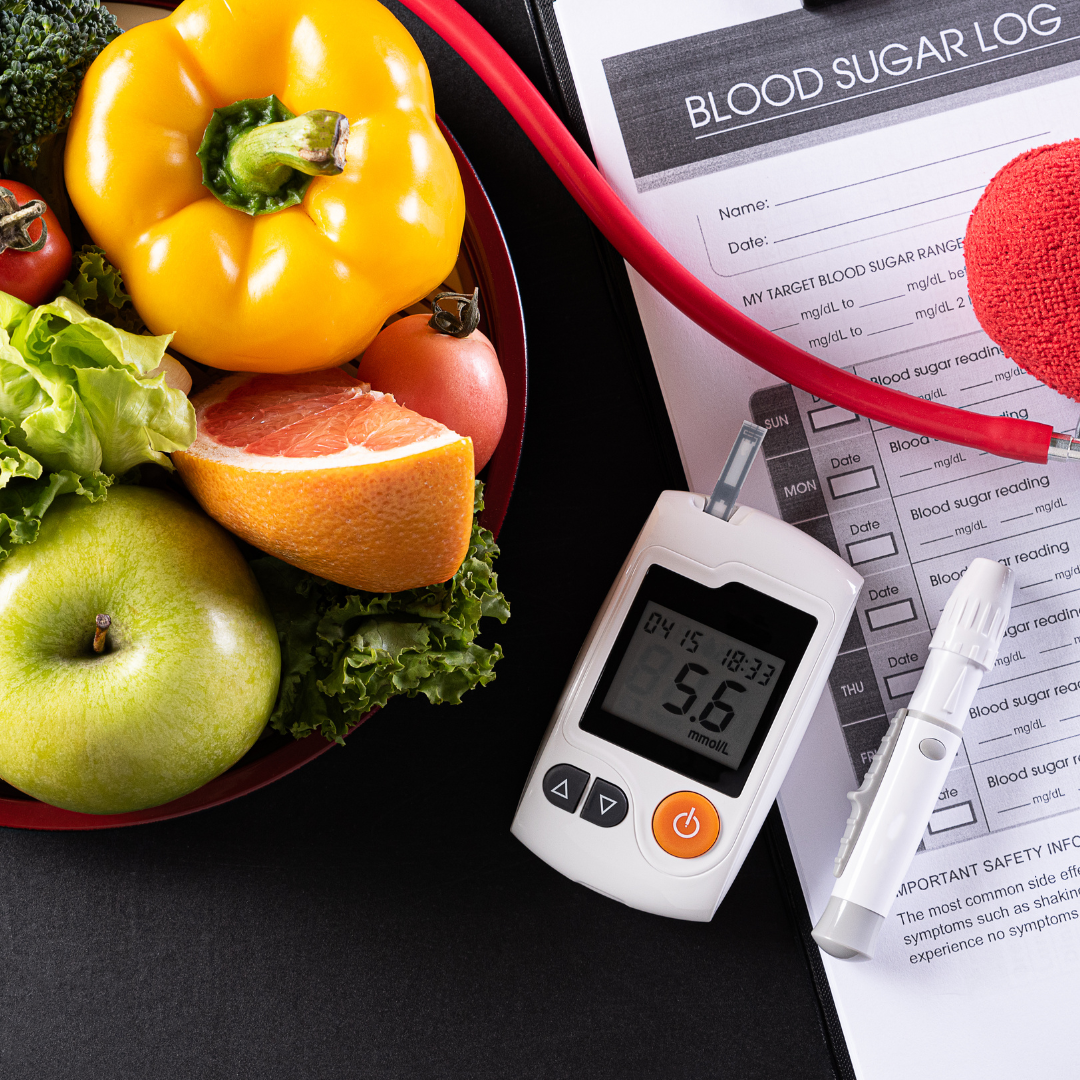With diabetes on a steady incline globally, knowing the facts is essential. Here are five common diabetes myths and how to take charge of your health.
Eating too much sugar causes diabetes
Although this myth is false, there are some complexities surrounding the matter. Eating too much sugar doesn’t cause diabetes directly. However, a diet consisting mainly of sugar can lead to excess weight and obesity, which are risk factors for type 2 diabetes.
Prediabetes will always lead to diabetes
Prediabetes occurs in about one out of every three adults in the United States and means that your blood glucose levels are higher than normal, but not high enough to be considered diabetes yet.
Prediabetes can put you at risk of type 2 diabetes, stroke, and heart disease. Luckily, proper diet changes and staying active can help prevent that from happening.
Being overweight causes diabetes
This is false. While being overweight puts you at risk of developing diabetes, it doesn’t always lead to the condition. Other diabetes risk factors include family history, age, race, lack of physical activity, and being diagnosed as prediabetic or previously having gestational diabetes.
It’s not safe to exercise when you have diabetes
Regular exercise plays a key role in regulating blood sugar levels and therefore managing diabetes. Physical activity also helps lower your risk of diabetes-related complications, such as heart disease and nerve damage. The American Diabetes Association recommends 150 minutes of moderate intensity aerobic exercise per week.
Our endocrinologists advise patients to keep the following recommendations in mind:
- Always talk to your doctor before starting a new workout regime.
- Prevent dehydration by drinking plenty of fluids.
- Always check your blood sugar before and after being physically active, especially if you take insulin. You may need to adjust your dosage based on how your body reacts to exercise.
I’ll know if I have diabetes
In a recent 2020 CDC report, 7.2 million adults who met laboratory criteria for diabetes were not aware of or did not report having diabetes.
Some diabetes symptoms can be hard to spot, take years to develop, or only appear when blood sugar levels are extremely high. Symptoms such as consistent hunger, thirst, blurred vision, and frequent urination should not be ignored. Routine wellness exams are critical in detecting diabetes early and preventing any long-term complications.
Endocrinologists in Austin, TX
If you’d like to learn more about our full range of endocrine services, please call Texas Diabetes and Endocrinology at (512) 458-8400 or request an appointment online.
Don’t forget to follow us on Facebook and Instagram and check back with us each month as we provide you helpful wellness and health information.





